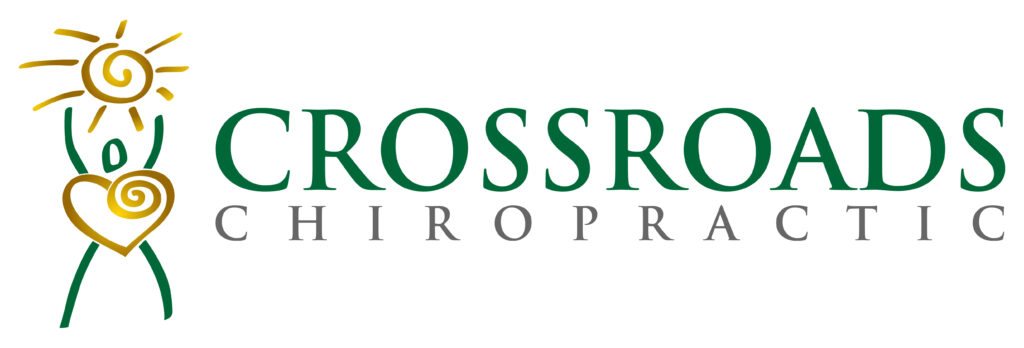I’m sure many of you have heard us discuss the importance of core stability/core strength in conjunction with the health of you spine. Far more often than not, majority of us have a weak core (even if we don’t want to admit it). I’m not talking about just those six pack ab muscles either….our core goes deeper than that. When talking about core stability and strength, we are talking about the muscles that help keep our trunks and spine upright and balanced, help keep our internal organs protected and in place and, the most important of all, our core is what gives way to pretty much all our movements; it’s our powerhouse really. If we have a weak core, than the rest of our body is going to suffer. Here’s some reasons to keep our core strong and healthy.
- Help Prevent Injury: Building a strong core means both building core stability and core strength. Core stability should come first; you want to get the deeper muscles working first since this is where movement originates from. Even though most people think movement is from our arms and legs, it’s the opposite that’s true; movement originates from our center and moves outwards. A solid center will help ensure movement is strong and pain-free. A very simple but effective exercise is to draw in your abdominal muscles (think drawing your belly-button away from pant-line/towards back) and hold for 5 breaths and then relax. Repeat 10 times and you can do this 10 times a day.
- Protect Your Central Nerve System: Keeping strong core muscles will help to ensure everything stays protected through-out the day. Your spinal column and nerve system are everything (remember, it’s the main communication path-way through your body). Our deep core muscles are what supports our spine, otherwise it’s just a bunch of bones with no support more or less. If these core muscles are weak they can’t support the spine as they should, most likely you’ll end up with pain and your overall quality of life will be affected. A weak core can be a contributing factor in spinal misalignment. Adjustments are the main thing that help re-align your spine, however you can help support it by ensuring your core is strong.
- Help with Back Pain: When our abdominal and core muscles are weak an imbalance occurs. Our back muscles start working overtime in protecting our body and holding it upright, which can put extra strain on them. Building core strength will help bring balance to the front and back of your body. Sitting at a desk all day is one of the biggest culprits of a weak core; we become sloppy with our posture and don’t engage our core as we sit. This is a contributing factor to compressed discs in the spine which can cause back pain. If you do have a desk job, an easy thing to help make sure you are engaging your core while sitting is using a stability ball as a chair; the sense of instability and the movement it creates forces your abdomen to stay engaged.
There are quite a few exercises that help create and maintain a strong core. Some of you may be able to do more advanced ones and some of you may still be so early on in your care that you need to start with more basic ones. Building up core strength can be as simple as starting with being more aware of your posture. When you’re walking or standing try to engage your core by drawing your belly button towards your spine as you stand tall. A more challenging one is standing on one foot at a time with being aware of your posture. More challenging ones are the plank, bird dog, and different Pilates exercises.
If you truly want a healthy spine and nerve system, than it’s a must to add in exercises that will support it. As I’ve stated earlier, majority of us have a weak core, so I challenge you all to start working on strengthening it.
In Health,
Dr. Jen

Leave a Reply